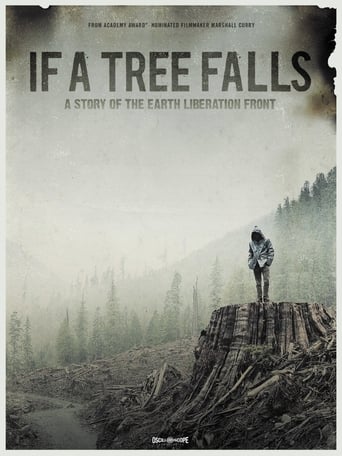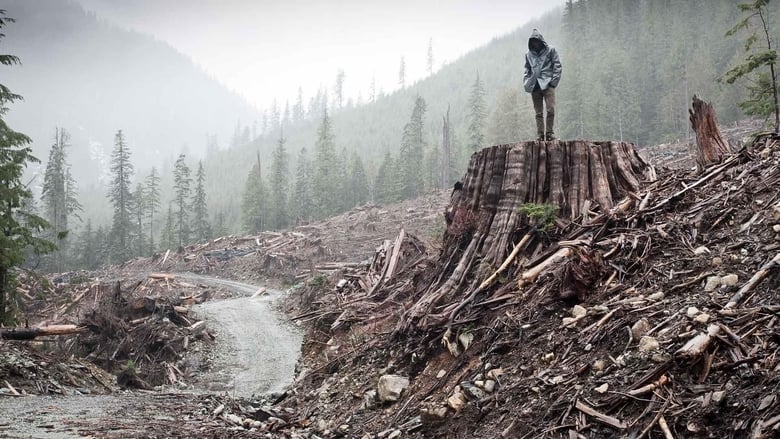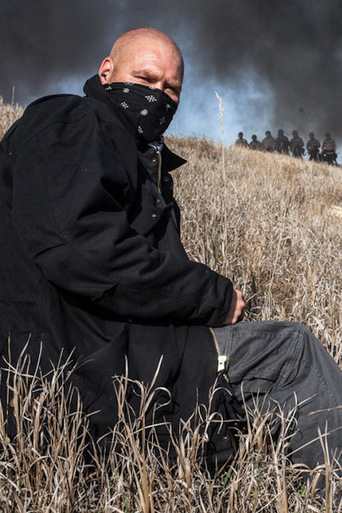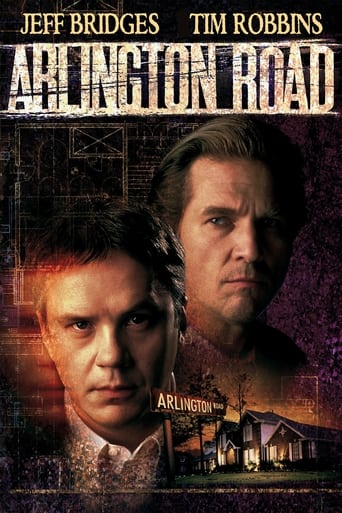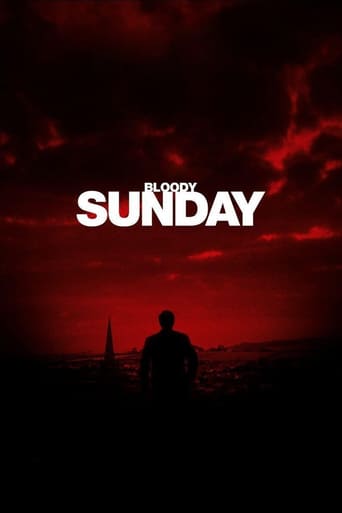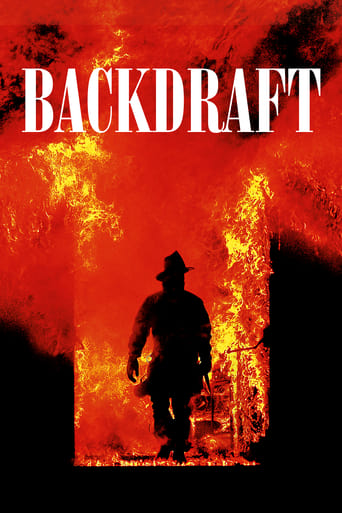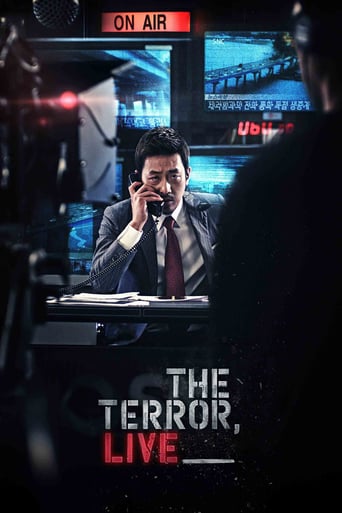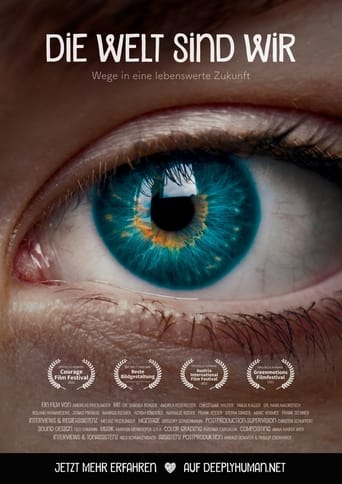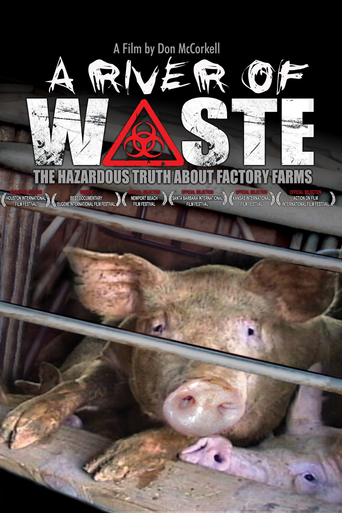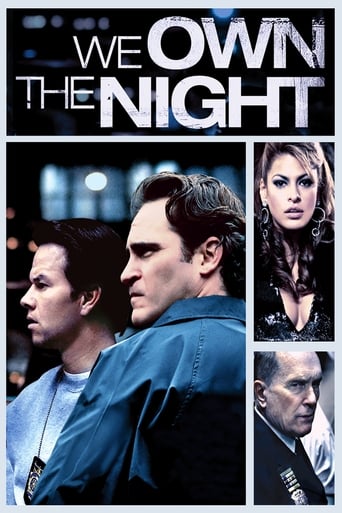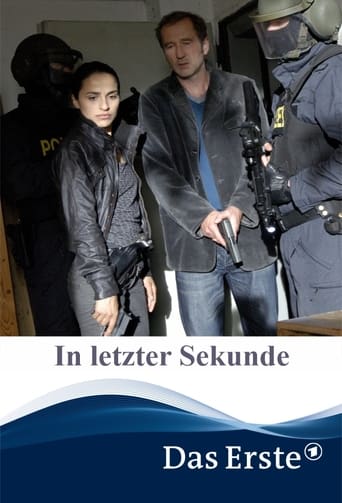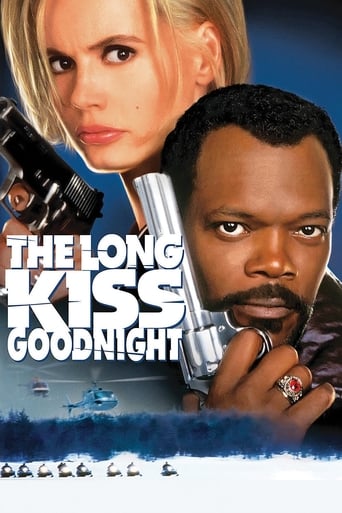If a Tree Falls: A Story of the Earth Liberation Front (2011)
Filmmaker Marshall Curry explores the inner workings of the Earth Liberation Front, a revolutionary movement devoted to crippling facilities involved in deforestation, while simultaneously offering a profile of Oregon ELF member Daniel McGowan, who was brought up on terrorism charges for his involvement with the radical group.
Watch Trailer
Cast


Similar titles
Reviews
Expected more
everything you have heard about this movie is true.
Best movie ever!
I think this is a new genre that they're all sort of working their way through it and haven't got all the kinks worked out yet but it's a genre that works for me.
I was excited to learn a bit more about what motivates groups like the ELF, but only learned about one kids predicament. Daniel was difficult to relate to, and simply put, comes across as brat who didn't peak until he met a bunch of outcasts, and I'm not sure if going to prison is the best type of "making it" one should aspire to. As someone who is passionate about this cause, I really wanted to find something redeeming in this organization, but alas, I walked away from the film the same way I feel about groups like PETA and The Discovery Network. More so, I left not knowing what the objective of the ELF really is, instead just watched a film on a group of young brainwashed kids who act first and worry about consequences later. And when consequences do come, they complain about the harsh sentences (granted it is a bit harsh, but what again, research first before you do something you KNOW is illegal.) I didn't walk away from the film feeling sympathetic to the plight of these members nor do I feel like I got a "behind the scenes look" at the ELF. (Unless of course the ELF is comprised of self-righteous mid- thirty-year-old who still don't understand the concept of crime and punishment.) Perhaps the description should be updated as the whole film was really about Daniel and not so much about their mission of the ELF. Good soundtrack though.
"You can't repair the health of the planet when those who continue to destroy it still make the rules and decisions. The rich won't just give away their money and property, and tyrants won't just lay down their arms and let fall the reins of power." – Michael Hardt "If you are looking to change the rules, why start by abiding by them? You have to start from the premise that fairness can't be 'resumed' because it was never there in the first place. In conditions where everything is stacked against the majority, 'playing fair' amounts to accepting a position of disadvantage. In fighting for fairness, one doesn't have to 'play fair'." - Mark Fisher An interesting documentary by Marshall Curry, "If a Tree Falls" delves into the life, arrest and trial of Daniel McGowan, a member of the Earth Liberation Front. In 2011, the film was nominated for a Best Documentary Academy Award.Curry's film peers into McGowan's childhood and attempts to examine the motivations of those who populate the ELF, a group which many dub an "eco terrorist organisation". Like most who resort to violence – the ELF sets fire to various businesses and corporations – McGowan and his compatriots see themselves as "freedom fighters" who have been "forced" into using guerrilla tactics. For the ELF, official channels are futile, power is too entrenched and the status quo blocks all reform."Tree's" second half interviews land owners, the police and the Department of Justice, all of whom succeed in getting ELF members categorised as "terrorists". Such a label allows the US government to aim its various multi-billion dollar anti-terrorist wings at the group. As a result, the ELF now lays low. An offshoot of the British Earth First! movement, it was at the height of its power in the 1990s and early 2000s. Its ideology stressed anti-authoritarian anarchism, environmentalism, an anti-capitalist stance and a commitment to a collective defence of the Earth. It took the form of a transnational, decentralised network of clandestine, autonomous cells, with each cell's broader operational knowledge derived from books and lectures disseminated by mainstream environmentalists. "Our earth is being murdered by greed, corporate and personal interests," one of the group's press releases would state. "The rape of the Earth puts everyone's life at risk. There are over 6 billion people on this planet of which almost a third are either starving or living in poverty. The time has come to decide what is more important: the planet and the health of its population or the profits of those who destroy it and us. We are but the symptoms of a corrupt society on the brink of ecological collapse."Today, many dismiss the ELF as nutty radicals (the term "radical" comes from the Latin word "radicalis", meaning "to get to the root of a problem"), yet even the Pentagon and US military now annually publish detailed reports fretting about the dangers of climate change. Mainstream environmental groups likewise ceaselessly moan about the dangerous acidification of the earth's oceans, the daily extinction of species and so forth. This is what author and philosopher Rob Nixon calls a "slow violence", referring to the attritional lethality, or cumulative effect, of many environmental crises (climate change, toxic drift, ocean PH levels, 95 percent of US forests being cleared, heat rises due to exponential rising global energy requirements, deforestation, oil spills, the leaking of arsenic, lead, selenium, mercury etc). All of this is ignored.Meanwhile, the Law frets about the illegality of the ELF. But the criminal justice systems in capitalist liberal democracies have always been less about justice and more about shifting attention away from social problems (whilst shunting blame upon the working classes). It's no surprise, then, that the ELF rejects the false moralism that defines the acceptability of actions by their acceptability to Power. Indeed, throughout history, breaking the law has been straightforwardly just and reasonable. Likewise, throughout history, upholding the law has often represented an acceptance of systemic injustice and violence. The hungry do not need to justify their efforts to feed themselves. The dispossessed or landless do not need to explain their attempts to house themselves. The brutalised do not need to seek permission to stop brutality. Their efforts are not radical. Radicalism is a Power that denies its own extremism, violence and disorder - the violence of inequality, dispossession, the destruction of traditional or indigenous communities and the extermination of people, ecosystems and species. These are real extremist behaviours, and they are endemic to a system in which destruction for profit is seen as a "rational" act. Yet Power never identifies this as being radical. Instead, such things are always presented as a fact of life, a cost of doing business, a side effect of necessary progress, an unfortunate outcome of history (with no one responsible).And so when Daniel McGowan takes down a factory it's a crime against private property. Meanwhile, every year, over two hundred thousand Americas die young to air pollution, 14 billion pounds of garbage are dumped into the ocean, over 1 million seabirds and 100,000 sea mammals are killed by pollution, over 3 million kids die from environmental factors, the Mississippi River carries an estimated 1.5 million metric tons of nitrogen pollution into the Gulf of Mexico (creating a "dead zone" the size of New Jersey), 40 percent of US lakes, rivers and estuaries are too polluted for fishing, aquatic life, or swimming and the US produces an estimated 30% of the world's waste (and uses 25% of the world's resources whilst dumping 1.2 trillion gallons of untreated sewage, storm-water, and industrial waste into its own waters). All of this, and more, is deemed, not extreme, but pretty mundane. 8/10 - Worth one viewing.
What do you do if you feel something terrible is happening, and the cause of that terrible thing is systematic? - that is, the systems for governing our world offer no possibility of change, because they themselves are part of the problem. Either you accept the system, or you fight it - and if your methods include violence, you thereby become a terrorist, and (in a sense) an enemy of those who chose to work within the system instead. The Earth Liberation Front were a group of ecological activists who took to arson; and whose members eventually wound up in gaol. This film allows them to present their case, and interestingly, they come over as intelligent and thoughtful and not in the least wild or woolly in their thinking. To its credit, the film also interviews some of their targets and those responsible for their prosecution, who are not demonised and who also come over as human. The only thing I struggled with was the insistence of front members that they weren't terrorists. I rather think they were - but this thought-provoking documentary raises the question of whether being a terrorist is always wrong, and doesn't offer easy answers in either direction.
For a long time I've wondered if radical groups like the ELF are crucial to the causes they support because their tactics bring much-needed attention to the causes, or if they are detrimental because their tactics turn off many people who'd normally be sympathetic to their causes. This film reinforces for me that the answer is "yes" and "yes" -- i.e., "it depends" ... on the cause, on the specific tactics, and ultimately on personal points of view.IF A TREE FALLS added an interesting angle for me in this notion of the positive/negative net effect of radicalism. I had never thought about the impact of law enforcement's treatment of the radical groups -- i.e., do their tactics (brutal in many cases toward environmental protesters) help or hinder THEIR cause? As I watched the film, I wondered if there were disagreements about tactics/approaches within law enforcement akin to the disagreements within the ELF and the broader environmental activist community.And that's what makes this film so strong and effective. It prompts you to ask a lot of questions. IF A TREE FALLS does it in a way that is character driven. The broader story unfolds through the stories of individuals who were involved. The result is that you (the audience) get involved!I highly recommend the film. And like me, you may want to revisit THE THIN BLUE LINE and FIGHT CLUB after you see IF A TREE FALLS.

